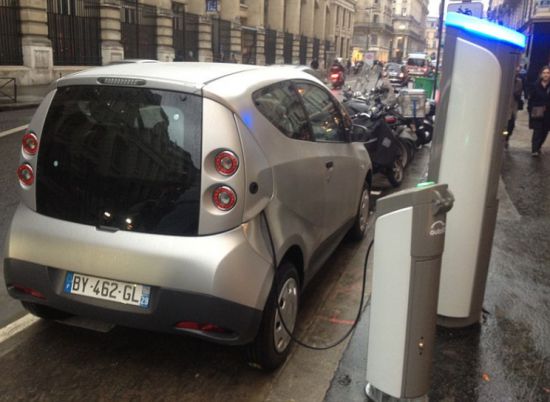In the United States, concerns over global warming and climate change are rising right along with the temperature of the earth’s oceans. The Environmental Protection Agency (EPA) is working to mitigate the effects of greenhouse gas emissions like methane, nitrogen oxide, and carbon dioxide (CO2) that deplete the ozone and trap heat. Among the biggest producers of smog is transportation, and that’s why many people have made the switch to electric vehicles.
If you’re in the market for a new car and are thinking of going electric, then you have a lot of factors to consider. While your commitment to fighting the climate crisis is admirable, you still need a vehicle that suits your needs. Continue reading to learn more about what you need to consider before purchasing an electric car.
Is it cheaper to fuel an electric car?
When it comes to purchasing a vehicle, the cost is always one of the foremost factors. Typically, electric cars are more expensive than their natural gas burning counterparts. Even the most basic electric car models start around $30,000, whereas new natural gas-powered vehicles can start below $15,000.
While electric cars do tend to cost more than cars that run on gasoline, car auctions are a great place to begin your search for your first electric vehicle. At an auction, you can typically get a vehicle at the same price that used car dealers pay.
When you purchase an electric vehicle, you pay more upfront, but fueling an electric car is much more efficient than powering a car that runs on gasoline. The average driver in the United States spends nearly $400 monthly on fuel for gasoline-powered vehicles. That adds up to around $4600 in annual fuel costs. However, with an electric car, if you drive 15,000 miles a year, then you can expect to spend about $540 annually fueling your vehicle. That’s a lot of savings. If you drive your electric vehicle for ten years, then what you save in fuel will all but pay for your car.
Furthermore, the federal government offers subsidies and other incentives to make electric cars more affordable. Except for Teslas and Chevrolet Bolts, you will qualify for a $7500 tax credit when you purchase an electric vehicle because of the emission reductions. Over ten years, you can save $40,000 in fuel costs, and with federal and local tax credits or subsidies, your savings can be upwards of $50,000 over the lifetime of your vehicle.
Electric vehicles reduce air pollution and fuel costs. That’s a win-win for planet conscious people who also want to save money. Websites like the online publication Fossil Fuel provide a lot of tips on how to save money with electric cars, their impact on the planet, and their effect on your budget. Make sure you do your research before making the commitment to go electric.

How much do you travel daily?
One of the major concerns about electric vehicles is how far they can travel before they need to recharge. As of right now, the best electric cars can travel over 200 miles before needing a charge. While these vehicles may not be ideal for a road trip across the United States, they’re suitable for your daily commute to and from work and errands around town. Charging an electric vehicle can take anywhere from 30 minutes to eight hours, so you need to factor in how much you drive every day and how often you’ll have to recharge.
Are electric vehicles really better for the environment?
Unfortunately, the U.S. is among the world’s greatest polluters due to travel. In addition to carbon emissions, the process of drilling or fracking for oil is damaging to ecosystems. Scientists contend that burning fossil fuels causes health issues such as asthma, heart disease, and cancer. Also, women who live close to fracking sites—which are known to cause water pollution—are more likely to give birth to children with defects and chronic conditions.
Even when non-renewable energy sources generate electricity, it still dramatically reduces carbon emissions compared to gasoline-powered vehicles. And, being that you will most likely be fueling up in your own garage, you can make the switch to renewable energy in your home and save on electricity and fuel costs.
